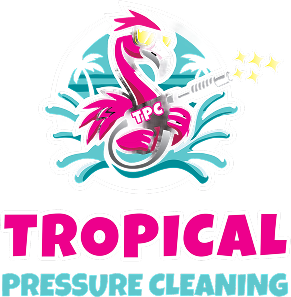Why Soft Washing Is Safer Than Pressure Washing for Roofs and Stucco
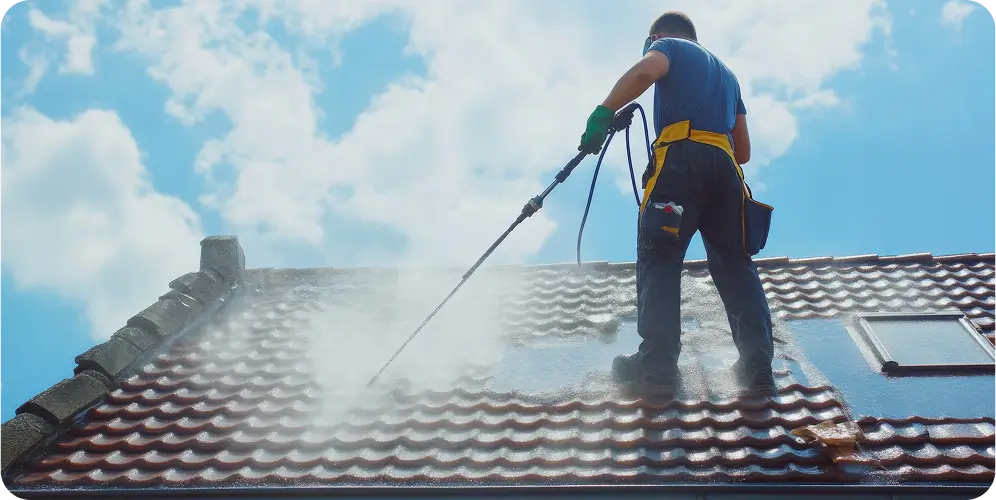
Keeping the exterior surfaces of your home clean is key to protecting its structure and keeping your curb appeal looking sharp. In Florida’s tropical climate, it doesn’t take long for roofs, stucco, and siding to collect dirt, algae, mold, and mildew—all of which can lead to serious damage if ignored. That’s where Tropical Pressure Cleaning comes in. Serving Palm Beach and Martin Counties, we provide professional roof cleaning services using a safe, eco-friendly soft wash system that cleans and protects your home without causing harm.
Not every surface can handle high-pressure cleaning. Roofs and stucco are especially vulnerable to damage, and blasting them with too much force can lead to cracked stucco, damaged shingles, or trapped moisture. Soft washing offers a gentler, more effective solution that lifts stains, kills algae at the root, and restores your home’s tropical charm—no matter what kind of roofing material you have.
At Tropical Pressure Cleaning, we don’t just clean—we roll in with Flash the Flamingo leading the charge to deliver fast, friendly, professional results. Our soft washing system keeps your roof clean, your surfaces safe, and your home looking brand new under the Florida sun.
Soft Washing
The process of soft washing involves applying biodegradable, eco-friendly detergents that target and break down organic growth such as mold, algae, mildew, and moss. This is followed by a low-pressure rinse that gently removes loosened debris without the risk of harming fragile materials. Because it does not rely on harsh mechanical force, soft washing is ideal for materials that can be easily damaged by high pressure.
Some of the key benefits of soft washing for delicate surfaces include:
- Gentle on materials: Soft washing avoids the risk of chipping, cracking, or eroding roofing shingles and stucco finishes.
- Effectively removes mold, algae, and dirt: The cleaning solutions kill contaminants at their roots, ensuring thorough removal rather than just surface cleaning.
- Longer-lasting results: By eliminating the biological growth at the source, soft washing prevents quick regrowth, reducing the frequency of needed cleanings.
In addition to being safer for your home, soft washing is also better for the environment. The cleaning solutions used are biodegradable and break down naturally without harming plants, pets, or the surrounding ecosystem. Plus, soft washing uses significantly less water than pressure washing, making it a more sustainable choice for exterior cleaning.
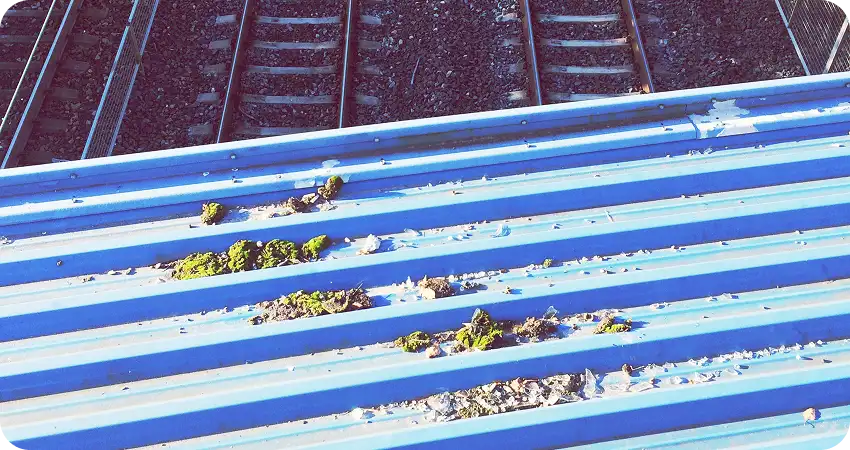
Pressure Washing
Pressure washing is a common cleaning method that uses a high-pressure stream of water to remove dirt, grime, mold, and other debris from exterior surfaces. This technique relies primarily on the force of water blasted at a surface to strip away contaminants, making it effective for tougher cleaning jobs on hard, durable materials like concrete, brick, and metal.
The process involves using a specialized machine that can deliver water at very high pressures, often exceeding 1,000 PSI (pounds per square inch). The powerful spray physically dislodges dirt and buildup, often with little or no cleaning chemicals involved. While this approach works well on sturdy surfaces, it can be problematic when applied to more fragile materials.
Pressure washing can be risky for delicate surfaces such as roofs and stucco for several reasons:
- Potential to damage shingles, tiles, and stucco surfaces: The intense force of the water can chip, crack, or loosen roofing materials and cause stucco to crumble or peel.
- Can cause water intrusion and lead to structural damage: High-pressure water can be forced under shingles or into cracks in stucco, allowing moisture to penetrate and cause rot, mold growth, or deterioration of the underlying structure.
- Risk of stripping protective coatings or paint: Pressure washing may remove paint or sealants that protect surfaces, leaving them more vulnerable to future damage and requiring costly repairs or repainting.
Because of these risks, pressure washing is generally not recommended for cleaning roofs and stucco, where gentler techniques like soft washing provide a safer and more effective alternative.
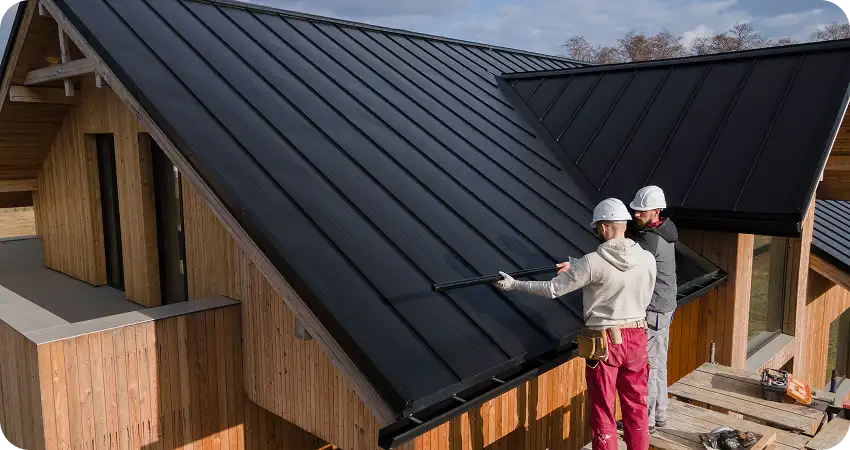
Exterior Surfaces
Homes and buildings feature a variety of exterior surfaces that require regular cleaning to maintain their appearance and structural integrity. Common surfaces that often need attention include roofs, stucco walls, siding, and decks. Each of these materials has its own characteristics and sensitivity levels, which influence the best cleaning methods to use.
- Roofs: Roofs are exposed to constant weather changes and can accumulate algae, moss, and dirt over time. Roofing materials such as asphalt shingles, clay tiles, or wood shakes are fragile and can be easily damaged by harsh cleaning methods.
- Stucco: Stucco is a porous, textured material that adds a distinct look to many homes. Its porous nature makes it susceptible to absorbing water and chemicals, which can lead to cracking, discoloration, or deterioration if cleaned improperly.
- Siding: Vinyl, wood, or fiber cement siding also require care, but many types are more durable and can handle moderate pressure washing when done correctly.
- Decks: Wooden decks need cleaning to remove dirt, mildew, and stains but require gentle treatment to avoid splintering or weakening the wood fibers.
Roofs and stucco are particularly sensitive and need gentle care because their materials are prone to damage from excessive pressure or harsh chemicals. High-pressure water can strip away protective layers or force moisture into tiny cracks, leading to long-term problems.
When comparing soft washing and pressure washing on these exterior surfaces:
- Soft washing uses low pressure and specialized cleaning solutions that safely remove biological growth and dirt without damaging fragile materials like roofs and stucco. It preserves the surface’s integrity and extends its lifespan.
- Pressure washing uses high-pressure water that can effectively clean tougher surfaces like concrete or durable siding but risks causing harm to delicate surfaces, potentially leading to costly repairs.
Choosing the right cleaning method based on the surface type is essential to maintaining your home’s beauty and durability over time. For sensitive materials such as roofs and stucco, soft washing is the safer, more effective choice.
Roof Cleaning
Cleaning a roof presents unique challenges that make it one of the most delicate exterior cleaning tasks. Roof materials such as asphalt shingles, clay tiles, or wood shakes are fragile and can be easily damaged if not handled correctly. The combination of exposure to the elements and organic growth like moss, algae, and lichen can accelerate wear and reduce the roof’s lifespan if left untreated.
Some of the specific challenges of roof cleaning include:
- Fragility of roofing materials: High-pressure cleaning can dislodge granules from shingles or crack tiles, leading to premature deterioration.
- Risk of water damage: Using too much pressure can force water underneath roofing materials, causing leaks, mold, and structural damage.
- Persistent moss and algae growth: These organisms not only stain the roof but also retain moisture, which can deteriorate roofing materials over time.
Soft washing is the preferred method for roof cleaning because it effectively addresses these challenges while preserving the integrity of the roofing materials. This technique uses low-pressure water combined with specially formulated cleaning solutions that kill moss, algae, and other biological contaminants at their roots. The gentle approach avoids the risks of pressure washing and ensures a thorough, lasting clean.
Numerous case studies and industry reports highlight the safety and effectiveness of soft washing on roofs:
- Homeowners have reported significantly longer intervals between cleanings due to the thorough removal of algae and moss.
- Roofing professionals note fewer roof repairs and replacements when soft washing is used regularly compared to high-pressure methods.
- Environmental assessments show that the biodegradable cleaning agents used in soft washing minimize harm to surrounding plants and landscaping, making it a more eco-friendly choice.
Overall, soft washing is the safest, most reliable way to maintain and extend the life of your roof while keeping it free from damaging contaminants.
Soft washing is a safer and more effective way to clean roofs and stucco compared to pressure washing, using low pressure and eco-friendly solutions to remove mold, algae, and stains without damaging delicate surfaces. Unlike high-pressure methods that can lead to costly repairs or moisture intrusion, soft washing delivers longer-lasting results while preserving your home’s exterior. For the best care, trust the experts at Tropical Pressure Cleaning—serving Palm Beach and Martin Counties with fast, friendly service and a 100% Shine Satisfaction Guarantee. Schedule a consultation or free inspection today and let Flash the Flamingo restore your roof’s tropical look without the risk.
Recent Blog
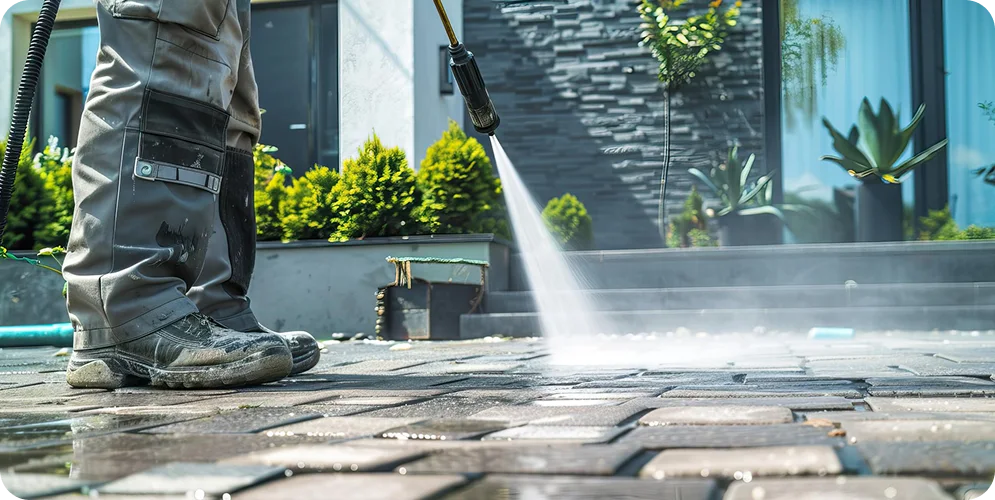
Eco-Friendly Concrete Cleaning: How We Safeguard Your Lawn and Landscaping
Eco-Friendly Concrete Cleaning: How We Safeguard Your Lawn and LandscapingMaintaining clean concrete surfaces goes beyond aesthetics, especially in South Florida, where heat, humidity, salty air, and heavy rainfall combine to accelerate grime buildup. Driveways,...
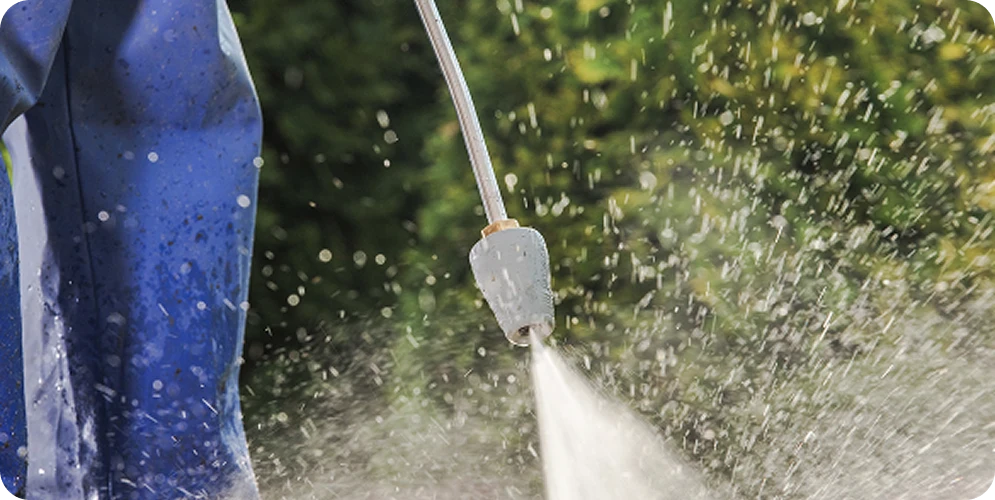
How Pressure Washing Clears Years of Buildup from Concrete Surfaces
How Pressure Washing Clears Years of Buildup from Concrete SurfacesConcrete surfaces are essential features of both residential and commercial properties, providing durability and functionality for driveways, sidewalks, patios, pool decks, and parking areas. Over...
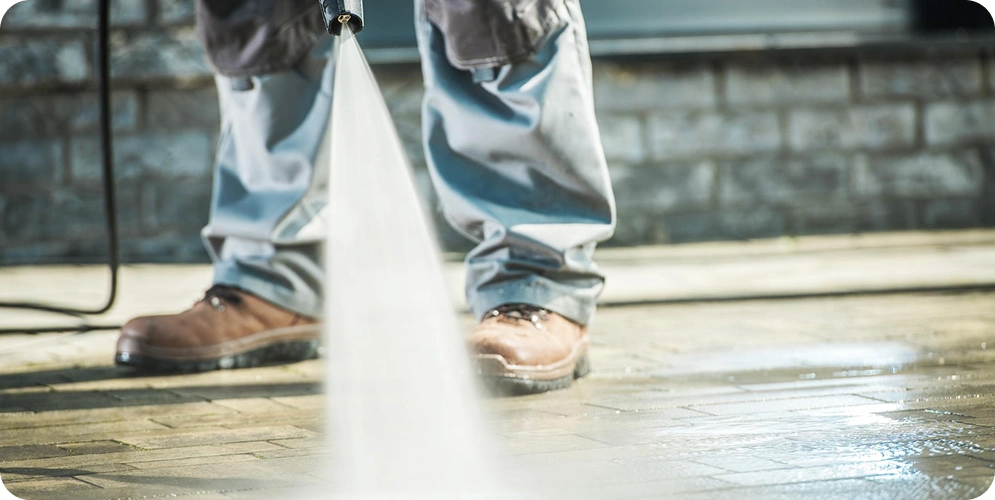
The Best Way to Clean Concrete: Why Pressure Washing Beats Store-Bought Cleaners
The Best Way to Clean Concrete: Why Pressure Washing Beats Store-Bought CleanersKeeping concrete surfaces clean is an ongoing challenge, especially in South Florida. Between heat, humidity, salty coastal air, and heavy foot traffic, grime settles deep into driveways,...
Request a Free Quote
Ready to Shine? Get Your Free Quote in a Flash!
Fill out our easy-breezy form and Flash will get back to you faster than a summer storm!
Prefer the old-school way?
Call us at 561.559.6700
